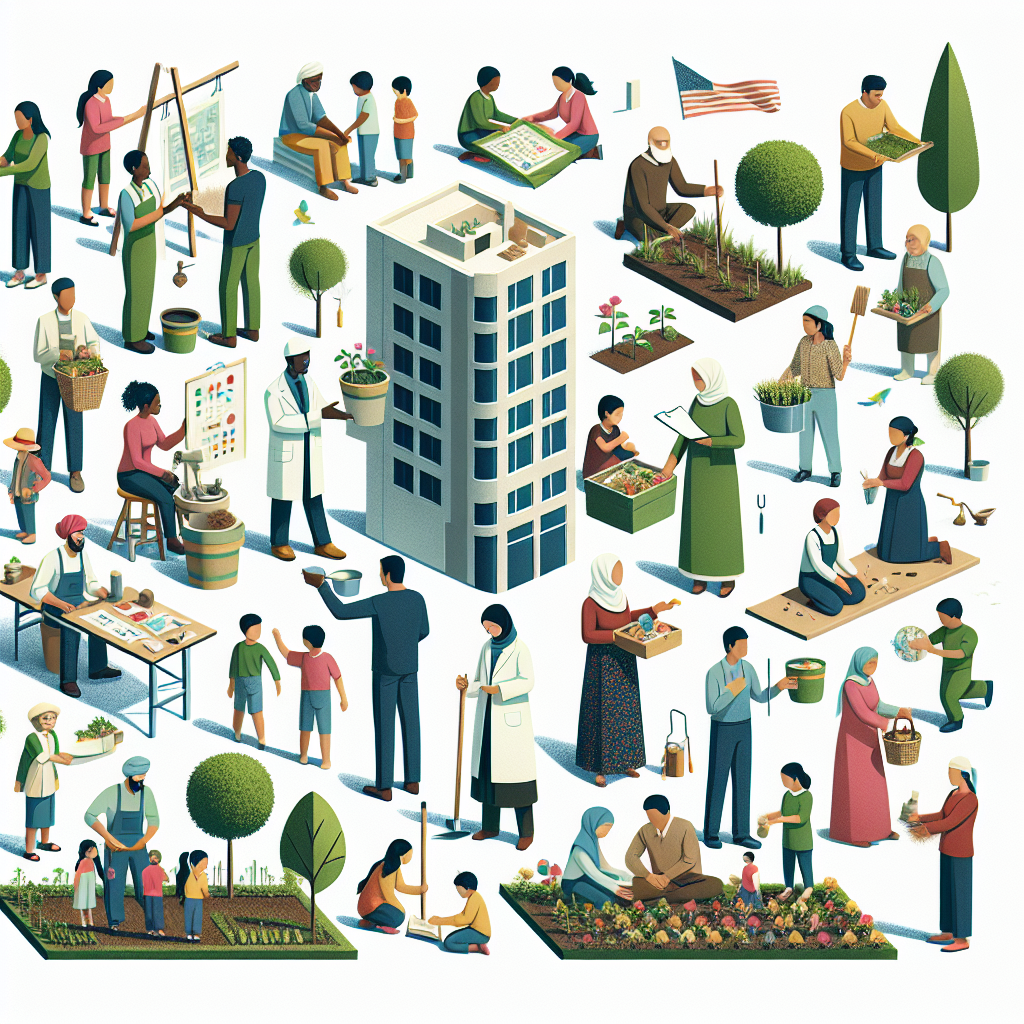On Building and Contributing to the Community

Building and contributing to the community are crucial for a meaningful life. While humans may not be the fastest or strongest animals, we dominate the Earth thanks to our social abilities. Our collective endeavors often yield better outcomes than individual efforts.
Everything I have today is a product of others’ contributions. For instance, the MacBook Pro before me is a marvel of generations of expertise in electricity, semiconductors, and programming. I owe my gratitude to countless individuals for their sweat and effort.
As I’ve matured, society has enriched me in many ways, making it my duty to give back whenever possible. I have enjoyed the fruits of community contributions in the form of clean water, quality food, and education, among other things.
Feeling enriched, I’m driven to contribute to my community. Doing so enhances my sense of purpose and strengthens social bonds.
Volunteering has offered me numerous ways to assist others. In my younger days, I joined the student union and served as a committee member, leveraging my skills for communal benefit. Interaction enriches me, opening doors to understand others’ needs better. Inspirational figures like the ancient Chinese poet Du Fu motivate me to prioritize helping people, even at personal risk.
Being a community contributor transforms how I perceive myself. It demonstrates my capability for social good and makes me realize that my well-being is closely tied to the community’s overall health. Moreover, it shifts my focus from fearing judgments about my abilities to considering how my actions can better the community.
This perspective adjustment doesn’t only enrich my personal life; it also extends to my professional environment. In situations where office politics and resource competition may stymie contributions, I’ve found knowledge-sharing to be a powerful tool for good.
I’m considering tracking our collective progress by counting compliments received. Community building is a long but rewarding process. A focus on equity and fairness, rather than mere financial considerations, is key to fostering a cooperative society.
The core of my work ethic involves long hours, modest living, and maximum contribution. Adopting realistic expectations for everyone’s input is crucial. Demanding equal contributions from all may lead to disappointment and reduced participation from those who could offer more. By setting the right expectations, I can make more impactful contributions.
In an era of abundant choices, we bear the responsibility to act wisely. To contribute effectively, I need a comprehensive understanding of my strengths, weaknesses, values, and the areas where I can offer the most. Operating from my strengths will enable me to reach my goals more effectively. Constant feedback and daily action tracking will help me focus on this priority and ensure I don’t become complacent.